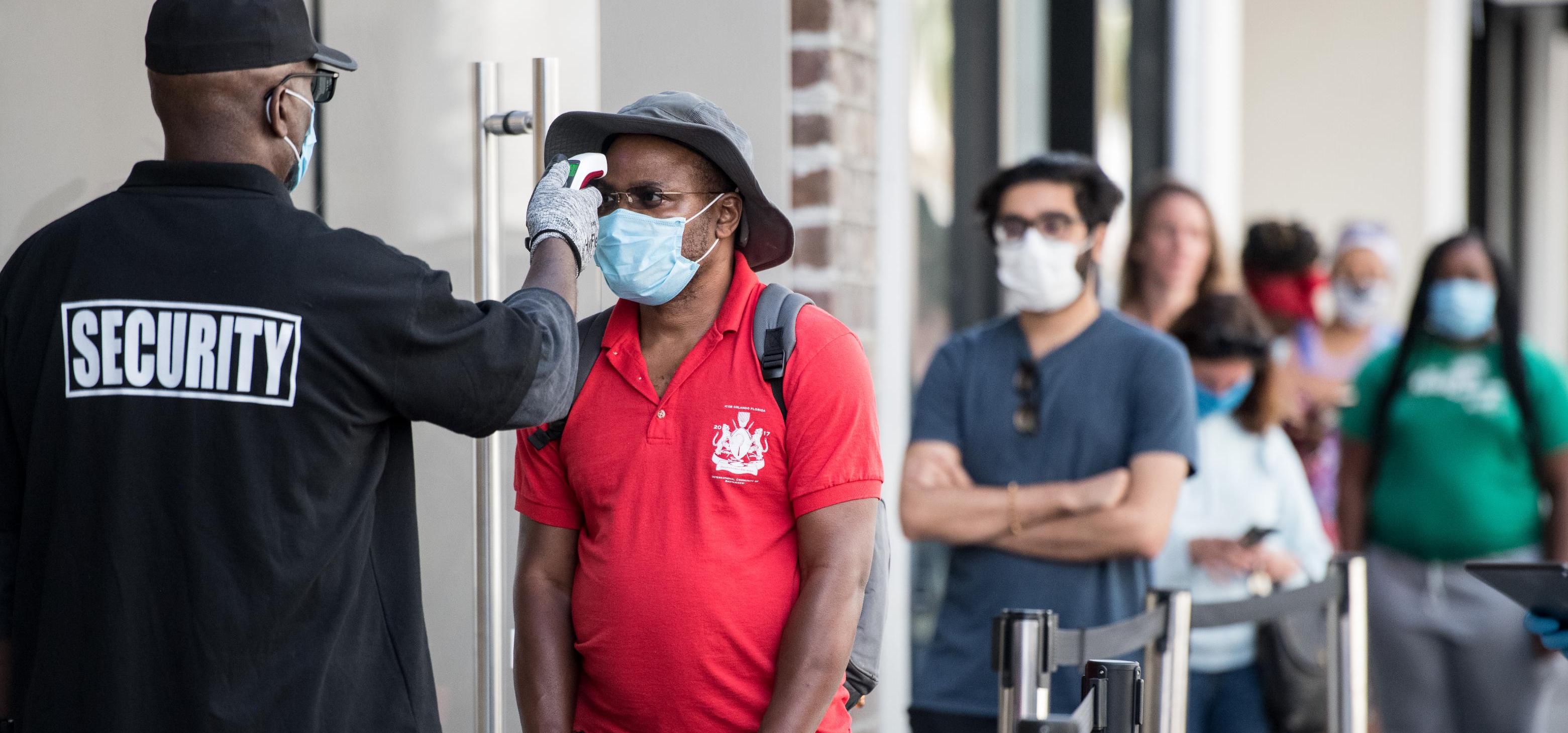
COVID Crimes: Mask Policy Backlash
- Andrea Pasquettin
- 27 May 2020
- Security
“Security guards risk their lives by asking customers to wear masks”, reports CNN.
This is precisely why communication training is so critical for security and protective service professionals.
Strategic speech is essential.
Major media networks are rabidly reporting the rise of several inflammatory incidents in recent weeks involving altercations initiated by security guards in their attempts to enforce controversial policies spawned by the COVID pandemic. Several injuries and even a fatality have resulted from some of these unfortunate skirmishes, raising several questions about not only the validity and efficacy of certain mandates but also the manner in which they are upheld. The mandatory usage of face coverings has garnered the most attention, with a lot of confusing and conflicting data related to their perceived and actual effects, but numerous other policies are causing frustration and disagreement as well. Compulsory application of thermal scanners has prompted privacy concerns, and forced distancing is sometimes awkward and confusing, and can lead to agitation and unwanted physical contact. These and any number of other protocols can often incite negative attitudes and lead to deleterious circumstances, so it is important to proactively mitigate these tensions.
Communication, as always, is key. First, advance notification is tremendously helpful, as people need time to absorb new information and adapt to changes in their expectations and previously routine behaviors. Adequately informing and preparing them for such changes will alleviate much of the potential for friction. However, some conflict is inevitable, and the strategic use of speech can considerably assuage these confrontations.
A guard’s choice of words, along with tone and timing, can make a significant difference in the outcome.
“Ask open-ended questions and avoid directives”, advised Corinne Peek-Asa, associate dean for research at the University of Iowa College of Public Health who studies workplace violence. “Rather than approaching a customer and saying ‘you need to wear a mask’, instead start with ‘this business has a policy requiring masks. Are you able to get a mask?’”
This is an excellent example of the sort of speech and consideration of psychology that can ease an otherwise tense encounter. Strategy is a critical aspect of any effective security operation and extends beyond tools and tactics to include language and communication skills. An elite protective service firm will always understand and incorporate these concepts and will achieve a better result for their client. Force Protection Agency (FPA) stands apart from other security firms in this area by virtue of their diverse and extensive training programs and stringent proficiency standards, placing them at an entirely different level of protective service.
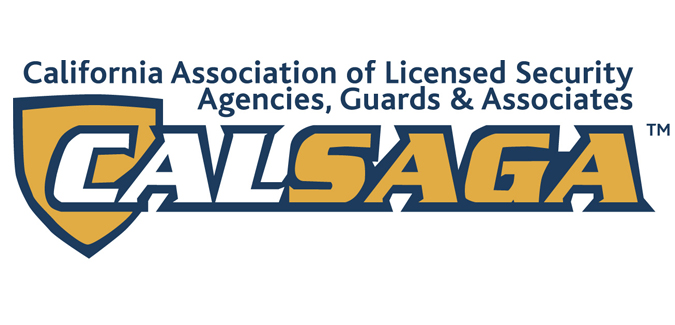
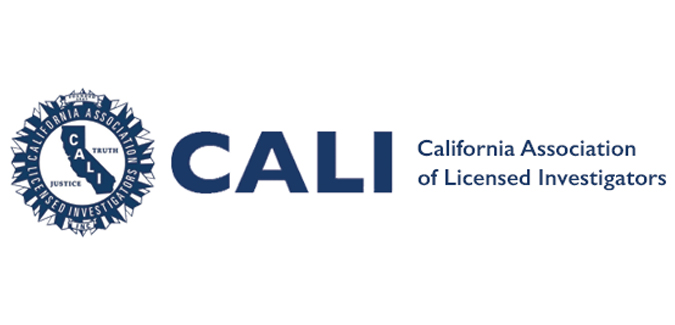
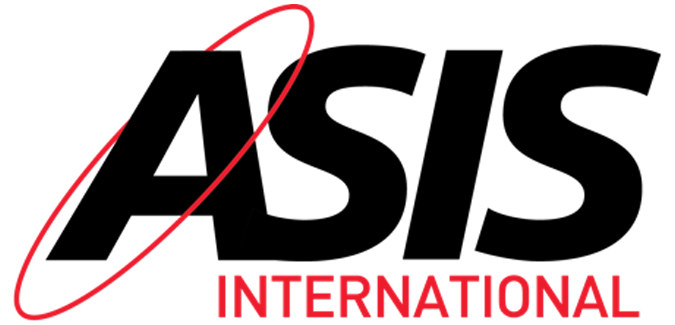
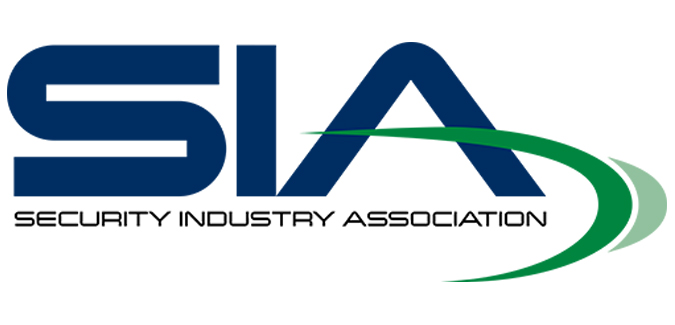
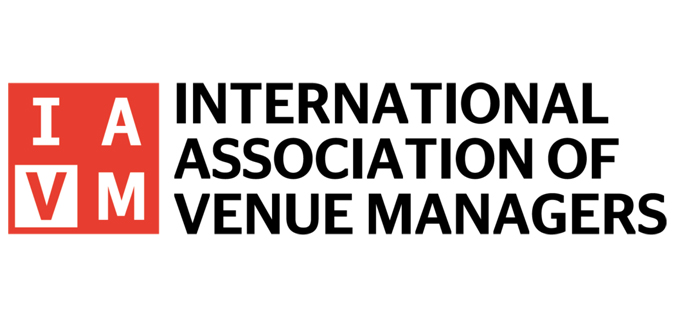
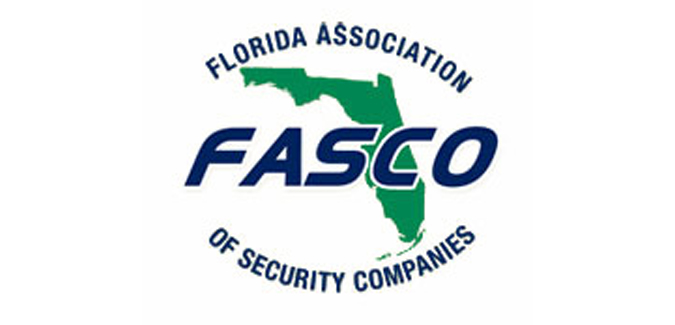
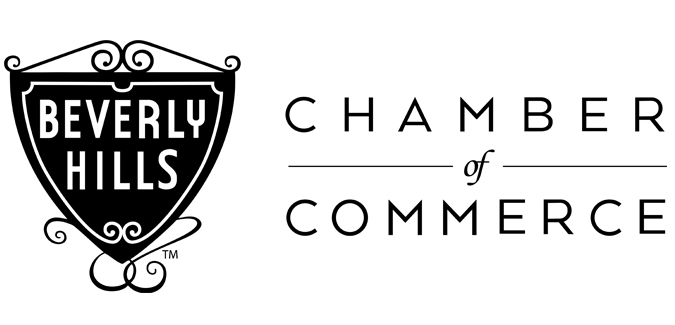

Leave a Comment